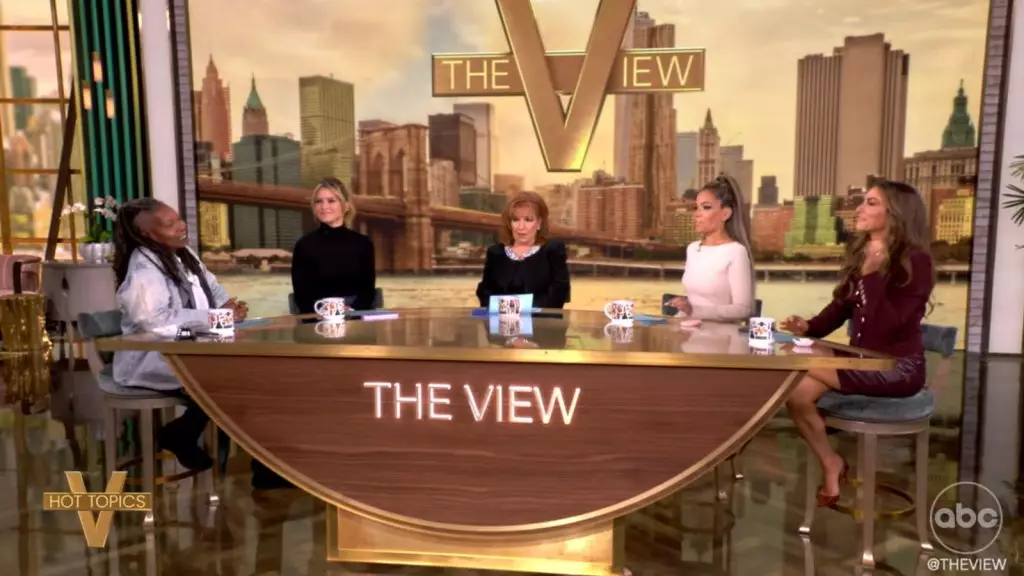As the 2024 presidential election draws near, the priorities of American television programming are being reshaped. The talk show “The View,” known for its lively discussions and pop culture segments, is now realigning its focus on critical political discourse. This shift reached a notable milestone when Brian Teta, producer of the show, announced that for the first time in 28 years, the hosts would forgo their traditional Halloween costumes.
The decision reflects the high-stakes atmosphere leading up to the Nov. 5 Election Day. Teta explained that the Halloween episode, which typically requires extensive pre-production, could not be accommodated given the urgent need to be live and engaged with pressing electoral matters. The statement reveals a sobering truth about the current political climate; even entertainment programming is influenced by the significant uncertainties and tensions associated with an election season.
Importance of Political Engagement Over Festivity
Joy Behar, a longstanding co-host, underscored the importance of prioritizing political dialogue during this critical time. By recognizing the influence that their show can wield over public opinion, the hosts are embracing a sense of responsibility. Behar articulated the urgency of using their platform to highlight perceived threats, particularly referencing former President Donald Trump’s contentious policies. The hosts are acutely aware of their role in shaping societal perspectives, and in doing so, they are willing to sacrifice traditional festivities to ensure the audience remains informed and engaged.
The commitment to keeping viewers deeply involved in the electoral process is commendable, emphasizing that the platform for dialogue is more important than holiday-themed entertainment. It also speaks volumes about the significance of informed voting and the impact media can have on political activism.
The Broader Context of Political Programming
This pivot in content isn’t just confined to “The View.” Other networks and programs are similarly adjusting their schedules to prioritize electoral discussions, recognizing that the stakes of the upcoming election are unprecedented. Notably, Vice President Kamala Harris’s prior participation in political discourse through various media appearances, including an upcoming CNN town hall, exemplifies how political figures are also adapting their public engagement strategies to resonate with an increasingly polarized electorate.
The resonance of these decisions speaks to a broader cultural shift where entertainment and information are intertwined. As political tensions escalate, viewers are seeking out programs that challenge their perspectives and enhance their understanding of key issues that affect their lives.
The decision by The View to forgo its beloved Halloween episode reflects a profound understanding of the current needs of its audience. Engaging in critical political dialogue has taken precedence over lighter fare, a decision emblematic of the time we live in. As we move closer to a decisive election, the transformation of how media approaches political engagement is more relevant than ever. The focus on accountability, awareness, and activism seems poised to reshape not only “The View” but also the landscape of political commentary in television. In a time where every minute counts, it’s crucial for programs to adapt in order to inform, influence, and inspire their viewers.

